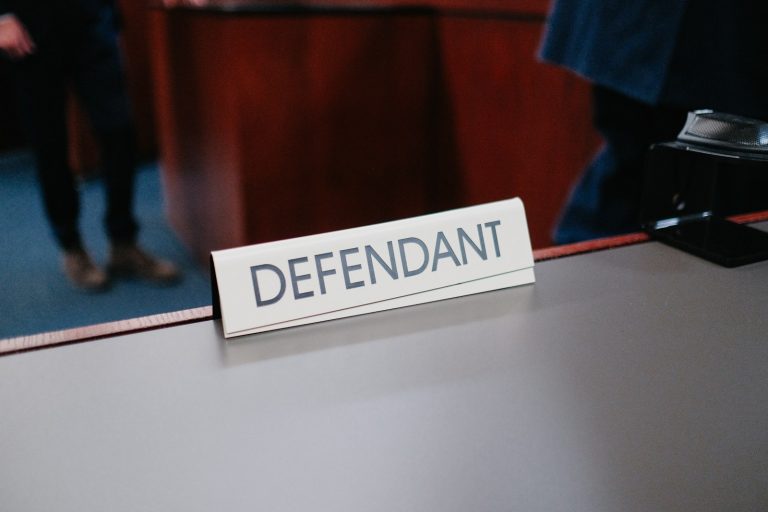In the eyes of the law, a misdemeanor charge might not be as serious as a felony charge. However, it’s something you should take just as seriously. Knowing how to respond in this situation is extremely important.
Misdemeanor vs. Felony
Before we dig into some practical tips on how to respond, it’s important to understand the distinction between a misdemeanor and a felony. While both are criminal charges, they differ significantly in severity and the impact they can have on your life. Felonies are more serious and typically involve crimes that inflict harm on others or significant property damage. Convictions can lead to more than a year in prison, hefty fines, and long-term consequences on your personal and professional life.
Misdemeanors, on the other hand, are considered less severe, but don’t be confused – they’re not just a slap on the wrist. These might include petty theft, simple assault, public intoxication, or vandalism. The penalties can range from fines to jail time of less than a year, usually served in a county jail rather than a high-security prison. However, the repercussions can still be substantial, affecting job prospects, professional licenses, and even your rights.
Steps to Take Immediately After Being Charged
As soon as you learn you’ve been charged with a conviction, you need to move into action mode and start making things happen.
“Just because it’s a misdemeanor, doesn’t mean you can ignore it and write it off as a tiny issue,” attorney Rowdy G. Williams says. “A conviction like this can follow you around for many years – impacting your freedoms and limiting your ability to live your life.”
Knowing what a misdemeanor is and the potential consequences is good motivation to act swiftly and move with precision.
Here are some steps to take right away.
- Stay Calm and Cooperate: When you’re charged, you need to remain calm and cooperate with law enforcement officers. However, understand your rights. You have the right to remain silent and the right to an attorney. Use them. Do not try to argue, negotiate, or explain your side on the scene – it’s likely to be used against you later.
- Hire an Attorney: The most important step you can take after being charged with a misdemeanor is to hire a skilled attorney. An experienced criminal defense lawyer can guide you through the legal process and help secure the best possible outcome. They can also negotiate plea deals, navigate court proceedings, and possibly get charges reduced or even dismissed.
- Understand the Charges and Consequences: Your attorney can explain the specifics of the charges you face and the potential consequences. Knowing what you’re up against can help you make informed decisions about your case.
- Follow Legal Advice and Court Orders: Once you have legal representation, follow their advice closely. Attend all required court appearances, meet deadlines, and obey any conditions set by the court. Your attorney might negotiate terms that could significantly affect your case’s outcome, such as diversion programs or probation instead of jail time.
- Prepare for the Financial Impact: Legal proceedings can be expensive. Between attorney fees, court costs, fines, and potentially lost wages, you need to be financially prepared. Discuss the costs with your attorney up front so you can manage your finances accordingly.
- Reflect on Your Actions: Use this time to reflect on the circumstances that led to your charges. Whether it’s consulting with a counselor, joining a support group, or simply taking time to assess your actions, understanding what led you here can be a critical part of moving forward and preventing future legal issues.
- Stay Positive and Proactive: Facing a misdemeanor charge can be a stressful and humbling experience. Our best piece of advice is to stay positive and proactive in dealing with your case. Maintain a healthy routine and seek as much support from friends and family as you can.
While you might be tempted to hide out and do nothing, let your misdemeanor charge motivate you to move quickly (and strategically). That means following as many of these tips as possible.
Adding it All Up
While a misdemeanor may be less severe than a felony, it can still have long-lasting effects on your life. It might appear in background checks, affecting employment opportunities, housing applications, and educational prospects. In some cases, you may be able to have the misdemeanor expunged from your record, depending on the crime and your state’s laws.
Discuss these possibilities with your attorney to understand what steps you can take to clear your record. The decisions you make in the immediate aftermath of being charged will have an impact on your long-term outlook.


0 Comments